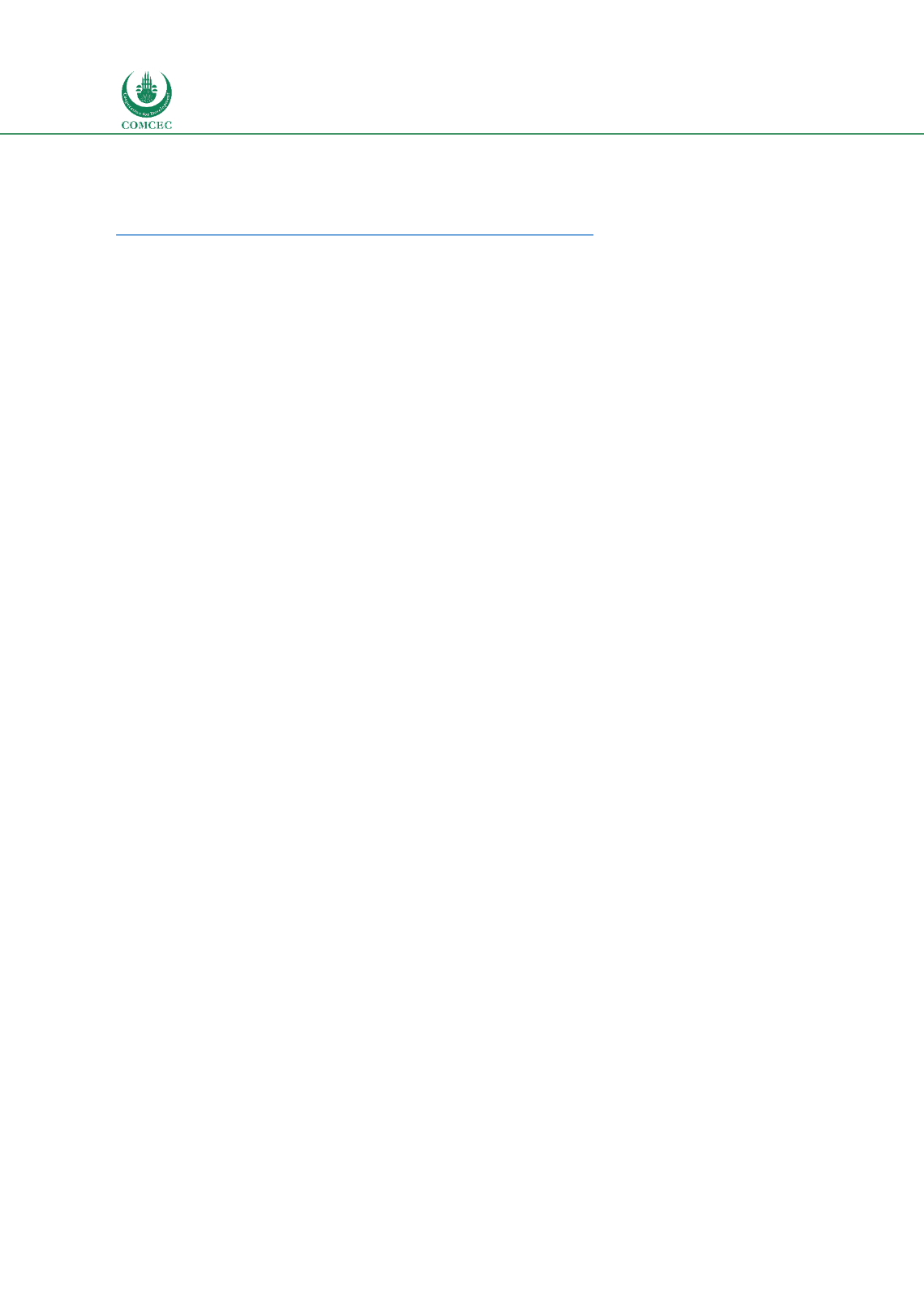

Enhancing Public Availability of Customs Information
In the Islamic Countries
94
through a stakeholder validation process for the draft SRO, seeking comment/feedback from
field customs offices and private sector stakeholders.
Bangladesh Customs have specific webpage for advance rulings (accessible at:
http://www.bangladeshcustoms.gov.bd/trade_info/classification ), which provides detailed
information about application rules and procedures, application form, list of required
documents and fees, as well as a database containing detailed information about previous
advance rulings. However, it does not provide interactive interface allowing online filing of
advance ruling requests. The documentary requirements and applicable fees for applying
advance ruling are uniform for all applicants irrespective of the size of the business.
The Advance Ruling Rules requires the Advance Ruling Unit to examine the application and
attached documents within seven working days from the receipt of the application and request
any additional information or documents within 15 working days. The Advance Ruling Unit shall
dispose the advance ruling application within 45 working days from the date of its receipt.
Appeals
Bangladesh now has an effective and operational institutional appeal mechanism in place
dealing with protesting the decisions of Customs authorities and related assessment disputes.
The mechanism allows traders to appeal at various levels, up to the Supreme Court. The right to
make such appeals is protected legally under the Customs Act of 1969. The appeal mechanism
has also been detailed in Chapter 26 of the draft of the new Customs Bill.
The judicial procedure, including different appeal or review procedures relating to both
administrative and judicial matters of Customs matters, is elaborated in Sections 193,
194, and 196 of the Customs Act, 1969. Customs law provides for a provision to appeal to a
higher-level official, with ultimate recourse to the courts. For example, when the decision or
order is made by a customs officer below the rank of Commissioner, the appeal must be made
first to the Commissioner (Appeal). If the appellant is not satisfied with the decision of the
Commissioner (Appeal), she may take recourse to the Appellate Tribunal. On the other hand, if
the protested decision or order was passed by the Commissioner, the appeal will have to be
made directly to the Appellate Tribunal.
The law requires appeals to be made within three months of the disputed decision. The verdict
on appeal has to be issued in writing mentioning specific reasons supporting the decision. The
Appellate Tribunal is required to decide within four years from the date of receipt of the appeal;
if not, the appeal is deemed accepted by the Appellate Tribunal. At present, there are three
Appeal Commissionerates and one Appellate Tribunal operational at the Bangladesh Customs.
Persons not satisfied with the decision of the Appellate Tribunal have the right to appeal to the
High Court Division of the Supreme Court. Again, where the decision by the Appellate Tribunal
goes against Customs, the Act allows the respective Commissioner to appeal to the High Court
Division.
Apart from the appeals to the Commissioners (Appeal) and Appellate Tribunal, the Customs Act,
1969 contains provisions incorporating an alternative dispute resolution (ADR) process,
including access to that process directly for certain assessment decisions made by Customs
















